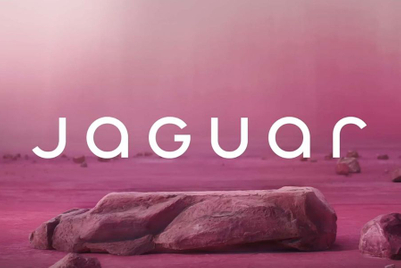
Congratulations, you’ve managed to book that big name! Now you can be sure of getting attendees through the door — and the talent’s online army will surely help make lots of noise about the event, too.
But what happens when it’s time to negotiate their rider and they send a never-ending list of awkward requests? How do you make sure they’re as happy as they can be when it’s showtime?
Leanne Ash, senior client services manager at FreemanXP, and Lucille Marie Essey, VP, executive creative director and show director at Jack Morton, share their top tips on what it takes to keep the peace with performers and how to handle challenging demands.
What makes an acceptable rider?
Leanne Ash, FreemanXP: A rider really can vary depending on the type of event and the talent performing. Overall, it’s important that the talent receives whatever they need to perform at their peak (within reason). Failure to do so can ultimately impact how an event is received by the crowd.
Lucille Marie Essey, Jack Morton: Every speaker or performer is unique and this will be reflected in their rider. Technical riders and travel and hospitality riders, however, are different. With a technical rider, if expensive high-spec technical equipment has been requested that is not necessary to deliver the performance, alternatives can be offered and then the performer’s management team can accept or decline.
What is the best way to manage challenging requests?
Ash: It sounds a little cheesy, but with a smile! No matter how outlandish the requests may be, our teams will scour the city to track down whatever it is that the talent requires and ensure everything is prepared to their liking. Some examples of more unusual requests we have come across have included six hard boiled eggs (with the shells on) and a dark room to rest.
What should you do if a request can’t be met?
Essey: Offer a reasonable alternative in a transparent manner, showing that you are willing to negotiate. It is pointless saying “no” outright as this comes across as being inflexible and it could end up affecting the performer’s delivery.
How can you ensure the performer is happy before going on stage?
Ash: A competent and experienced show management team is key here. It’s important we do everything we can to provide talent with the support they need to perform to the best of their ability. People get in ‘the zone’ in different ways, so this could mean acting as a sounding board while they memorise the names of a panel, or fetching their preferred pre-performance fuel before they head out on stage.
Essey: Whatever you end up agreeing with the performer, it must be delivered exactly as requested. Once the rider has been agreed, the negotiation is over and the onus is on the agency to honour the agreement to the letter. As with all of us, some performers are easy-going while others can be rigid. Don’t guess which they are or try and cut corners; deliver on every detail.




.jpg&h=334&w=500&q=100&v=20250320&c=1)
.jpg&h=334&w=500&q=100&v=20250320&c=1)
.jpeg&h=334&w=500&q=100&v=20250320&c=1)
.jpg&h=334&w=500&q=100&v=20250320&c=1)
.jpg&h=334&w=500&q=100&v=20250320&c=1)
.jpg&h=334&w=500&q=100&v=20250320&c=1)




.jpg&h=268&w=401&q=100&v=20250320&c=1)
